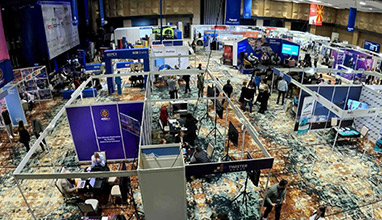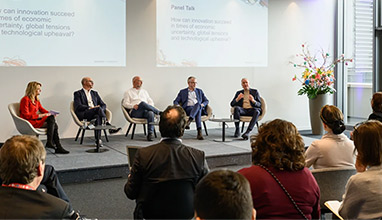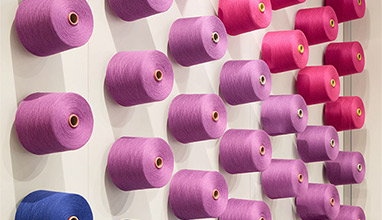Revolutionizing Fashion: The Role of Advanced Manufacturing in Creating a Digital and Sustainable Future
Advanced Manufacturing plays an important role in Creating a Digital and Sustainable Future. Here are the latest technologies that you need to know if you are interested in fashion.

Photo: Depositphotos
Digital Technologies
Artificial Intelligence (AI)
Trend Forecasting: AI analyzes vast amounts of data to predict fashion trends, helping designers create collections that meet consumer demand.
Inventory Management: AI optimizes inventory levels, reducing overproduction and waste.
Big Data and Analytics
Consumer Insights: Analyzing consumer behavior to tailor marketing strategies and product offerings.
Lifecycle Analysis: Assessing the environmental impact of products throughout their lifecycle.
Virtual Reality (VR) and Augmented Reality (AR)
Virtual Try-Ons: Allowing customers to try on clothes virtually, reducing the need for physical samples and returns.
Virtual Fashion Shows: Hosting fashion shows in virtual environments to reach a global audience without the carbon footprint of travel.
Blockchain
Supply Chain Transparency: Ensuring traceability of materials and ethical sourcing by recording every step of the supply chain on a blockchain.
Authenticity Verification: Preventing counterfeiting by verifying the authenticity of luxury goods.
Sustainable Manufacturing Technologies
3D Printing
Custom Fit: Producing custom-fit clothing on demand, reducing waste from unsold inventory.
Material Efficiency: Using only the necessary amount of material, minimizing waste.
Ecodesign
Sustainable Materials: Designing products with biodegradable or recyclable materials to reduce environmental impact
Modular Design: Creating clothing that can be easily repaired or updated, extending its lifecycle.
Upcycling and Recycling
Repurposing Materials: Transforming waste materials into new fashion items, reducing the need for virgin resources.
Closed-Loop Systems: Implementing systems where old garments are recycled into new ones, promoting a circular economy.
Smart Textiles
Wearable Technology: Integrating technology into fabrics for health monitoring, enhancing the functionality of clothing.
Self-Cleaning Fabrics: Developing textiles that can clean themselves, reducing the need for frequent washing and saving water.
Internet of Things (IoT)
Connected Clothing
Smart Tags: Embedding RFID tags in clothing for better inventory tracking and anti-theft measures.
Consumer Interaction: Allowing consumers to interact with their clothing through apps, providing care instructions and product information.
These technologies not only make fashion more innovative and efficient but also significantly contribute to sustainability by reducing waste, conserving resources, and promoting ethical practices. The future of fashion lies in the seamless integration of these advanced technologies to create a more responsible and forward-thinking industry.
Hits: 9993 | Leave a comment





















